Late last year President Biden signed an executive order to boost America’s clean energy economy, which included the goal of attaining 100% carbon pollution-free electricity by 2030, 100% zero-emission vehicle acquisition by 2035, and more. Achieving these goals would require extended dependence on China, which is responsible for much of the solar and renewable energy supply chain. Just two of the downsides to the dependence on imports include the fact that China’s manufacturing sector employs low-cost or forced labor, and its manufacturing facilities are powered with electricity produced from coal-fired plants.
The Inflation Reduction Act of 2022 contains $370 billion in spending for renewable energy and climate measures. The bill includes over $60 billion for domestic manufacturing across the clean energy supply chain, which includes clean energy vehicles. This historic level of investment is key to achieving American manufacturing independence and clean energy security.
What’s in the bill for US manufacturing?
- An investment of $30 billion in production tax credits to accelerate domestic manufacturing of solar panels, wind turbines, batteries, and critical minerals processing.
- A $10 billion investment tax credit to build clean technology manufacturing facilities, including those that make electric vehicles, wind turbines and solar panels
- $500 million in the Defense Production Act for heat pumps and critical minerals processing
- $2 billion in grants to retool existing auto manufacturing facilities to manufacture clean vehicles
- Up to $20 billion in loans to build new clean vehicle manufacturing facilities across the United States
- $2 billion for National Labs to accelerate breakthrough energy research
- Manufacturing credit: 100% credit through 2029, 75% in 2030, 50% in 2031, 25% in 2032.
- Thin film photovoltaic cell and crystalline photovoltaic cell: $.04 per cell capacity in Wdc.
- Photovoltaic wafer: $12/sq. meter.
- Solar grade polysilicon: $3/kg.
- Polymeric backsheet: $0.04/sq. meter.
- Solar module: $0.07 per module capacity in Wdc.
- Torque tube: $0.87/kg.
- Structural fastener: $2.28/kg.
- Central inverter: $0.25 per capacity Wac.
- Commercial inverter: $0.015 per capacity Wac.
- Residential inverter: $0.06 per capacity Wac.
- Microinverter: $0.11 per capacity on Wac.
- Battery module: $10 per battery module capacity kWh.
- Critical mineral: 10% of costs incurred.
- Battery cell: $35 per battery cell capacity kWh.
“With long-term incentives for clean energy deployment and manufacturing, the solar and storage industry is ready to create hundreds of thousands of new jobs and get to work building out the next era of American energy leadership. This is a crucial window of opportunity that we cannot miss, and now Congress must seal the deal and pass this legislation,” said Abigail Ross Hopper, president of the Solar Energy Industries Association.
The bill is expected to head to the Senate floor for a vote as early as next week.
This content is protected by copyright and may not be reused. If you want to cooperate with us and would like to reuse some of our content, please contact: editors@pv-magazine.com.



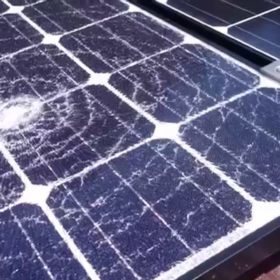
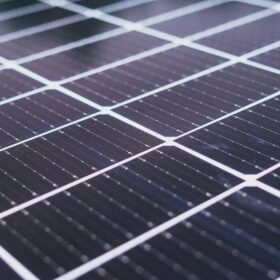
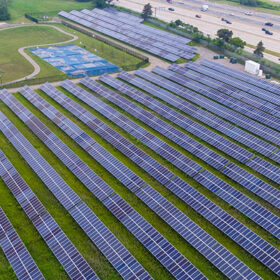
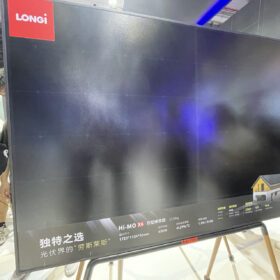
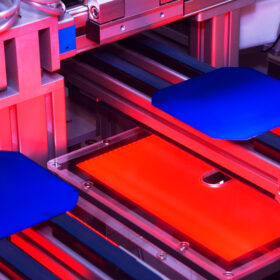
By submitting this form you agree to pv magazine using your data for the purposes of publishing your comment.
Your personal data will only be disclosed or otherwise transmitted to third parties for the purposes of spam filtering or if this is necessary for technical maintenance of the website. Any other transfer to third parties will not take place unless this is justified on the basis of applicable data protection regulations or if pv magazine is legally obliged to do so.
You may revoke this consent at any time with effect for the future, in which case your personal data will be deleted immediately. Otherwise, your data will be deleted if pv magazine has processed your request or the purpose of data storage is fulfilled.
Further information on data privacy can be found in our Data Protection Policy.